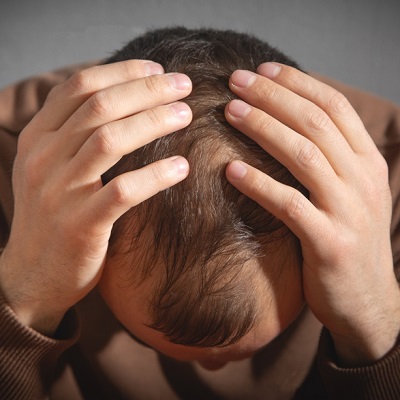One of the most prevalent symptoms of anxiety is fatigue, which has a major effect on everyday functioning and energy levels. This is a detailed description of the symptom
Definition:
A chronic state of weakness, exhaustion, or low energy that might be mental, emotional, or physical in nature is referred to as fatigue. Fatigue can be a consequence of elevated stress levels, disrupted sleep, and ongoing activation of the stress response in individuals with anxiety.
Physical Tiredness:
Muscle aches, an overall lack of energy, and physical exhaustion are all signs of anxiety-related fatigue. Energy reserves can be depleted by the body’s reaction to stress and anxiety, which can result in fatigue and make it harder to carry out everyday chores.
Mental Drain:
Anxiety-related fatigue can also impair cognitive abilities, resulting in memory issues, mental fog, and trouble focusing. Constant anxiety and hypervigilance can deplete mental reserves, making it difficult to concentrate and think effectively.
Anxiety can cause sleep disturbances, making it harder to get to sleep, stay asleep, or have a restful night’s sleep. Because the body does not have enough time to rest and replenish itself during the night, poor quality sleep can be a contributing factor to weariness.
Emotional Impact:
Self-Care Practices:
Taking care of oneself by adhering to a regular sleep schedule, practicing relaxation techniques, eating healthily, and getting help from mental health specialists are all important aspects of managing fatigue. Making rest, relaxation, and stress management a priority can help people feel more energized and more in overall good health.
Lifestyle Adjustments:
Including regular exercise, establishing boundaries, being mindful, and striking a balance between work and play can all help minimize exhaustion and increase vitality. Effective management of anxiety-related fatigue can also be facilitated by establishing a supportive environment and enlisting the help of others.
Summary
Anxiety’s difficult symptom of fatigue calls for awareness, self-care, and proactive management to raise vitality and enhance quality of life in general. People can lessen the negative effects of anxiety-related weariness on their physical and mental health by addressing the underlying causes of exhaustion and putting appropriate coping mechanisms into place.



